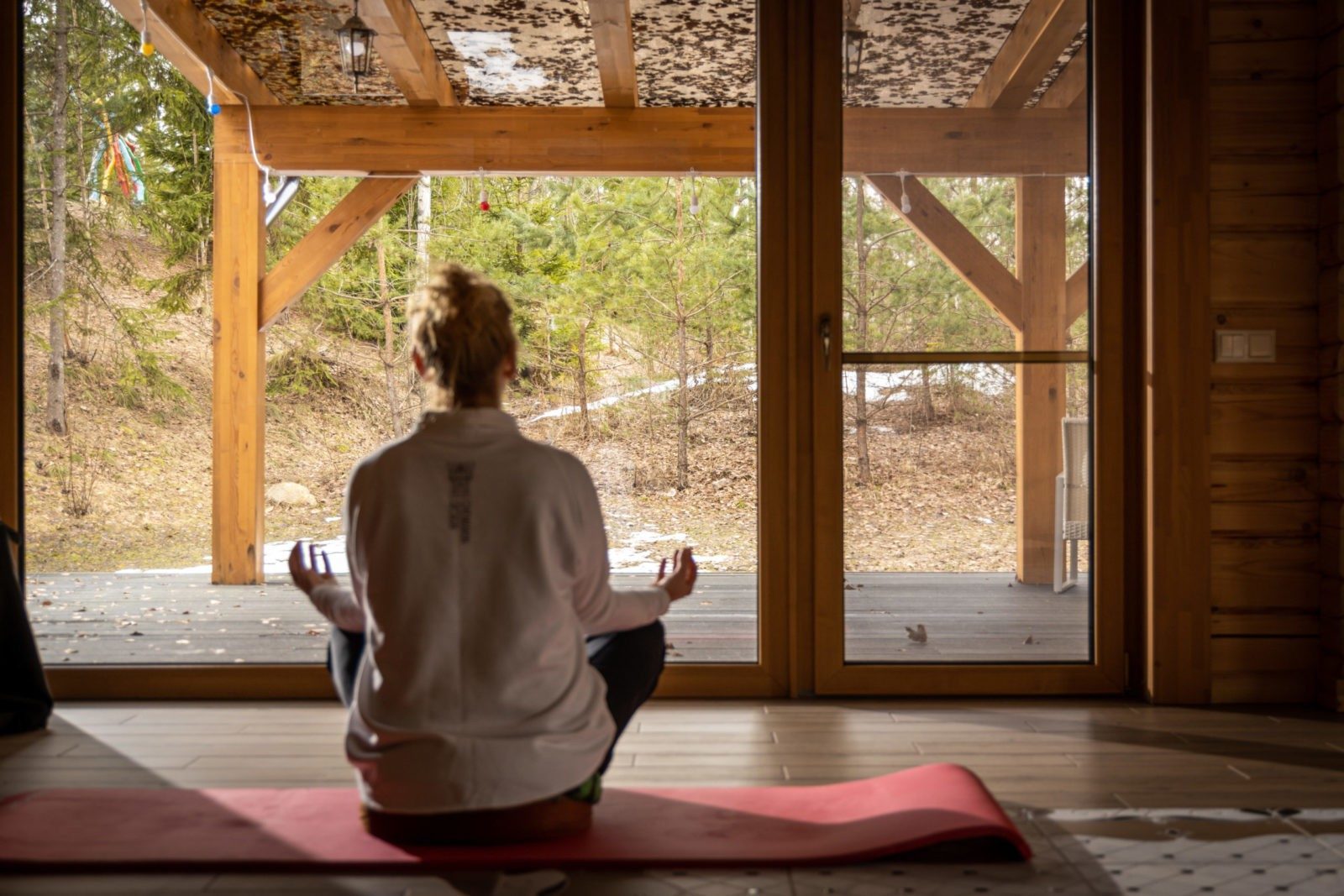
“The measure of intelligence is the ability to change.” — Albert Einstein
The purpose of this short piece is not to provide definitive answers but to encourage you to reflect and, if you choose, share your thoughts on the topic of a person’s ability to change. While I have my own ideas on the matter, I acknowledge that not all of them are satisfactory. In fact, a discussion I had with friends on the same topic only served to raise more questions.
This is a topic that my husband and I often discuss, and we have been doing so for many years. During the 20 years that we have been working together, our perspectives on the topic have evolved. Guess whether we have become more optimistic or pessimistic in regards to a person’s ability to change!
What exactly does it mean to change? Is it only a physical transformation or does it involve something more? How can we recognize that we have changed ourselves, or that someone else has changed? Are there any noticeable, visible signs of change, and if so, what are they? What are the driving forces behind these changes, and where do people find the strength to undergo them?
Are there limits to human change, and if so, what are they? Can someone who was “born to crawl” ever learn to fly? What aspects of the psyche and behavior can be changed, and what are the boundaries that determine this? How are these boundaries established?
Do these boundaries change throughout a person’s life, and if so, what factors contribute to this change? Furthermore, what are the challenges and obstacles that make it difficult for a person to make changes in their life?.
What is meant by “ability”? Is the ability to change innate or learned? What factors influence this ability? What are the components of this ability, and how are they related to other abilities? What is the foundation, or origin, of this ability, and how can it be cultivated? Spiral Dynamics offers a framework for understanding a person’s potential, including closed, open, and arrested potential, but it is unclear why a particular individual possesses a certain potential. What are the constraints on this potential? How can one assess an individual’s capacity for change and the degree of openness or closedness in their potential?
How much of our behavior is truly proactive, and how much is merely reactive? This is a topic that has been debated, with some modern neuroscience experts questioning the existence of pure proactivity. If we are essentially reactive, then what does it mean to be proactive? Is the ability to change the same as the ability to quickly change our reactive patterns? If so, how can we speed up the process of grieving and develop new habits, attitudes, and behaviors without sacrificing depth of understanding and integration? Is it possible to accelerate change while still ensuring closure and completeness?
Perhaps proactivity can be linked to having a clear vision and goals. How does having a vision and goals impact one’s ability to change? Does having clear goals contribute to one’s ability to change? Or is it the other way around – do those who are able to change have clear goals?
Is proactivity about the ability to quickly perceive and accept facts, and then adapt to changing circumstances? Is it the ability to avoid making the same mistakes twice?
Certainly an interesting topic, right?
To conclude, here’s another quote related to the subject: “Yesterday I was clever, so I wanted to change the world. Today I am wise, so I am changing myself,” wrote the Persian poet Rumi.
It seems that Rumi believed that he could change himself. Or did he just want to change? As with most things, it’s open to debate.




